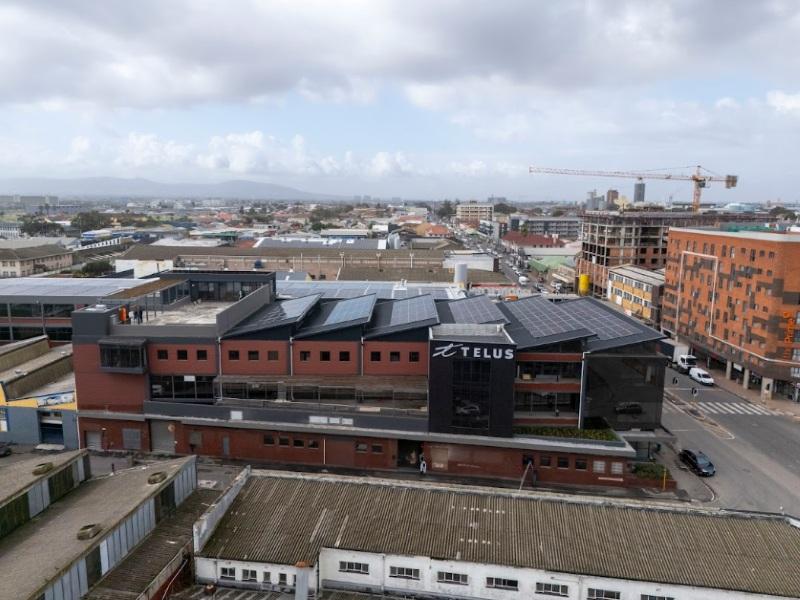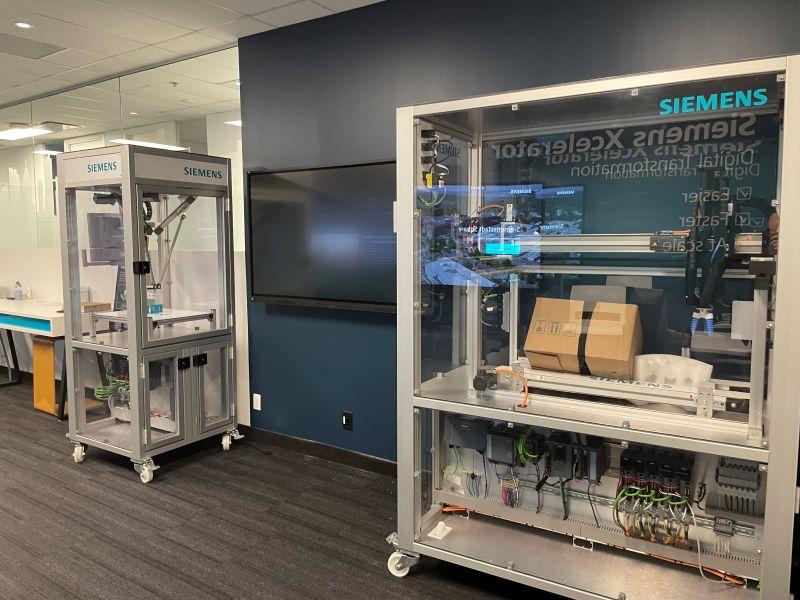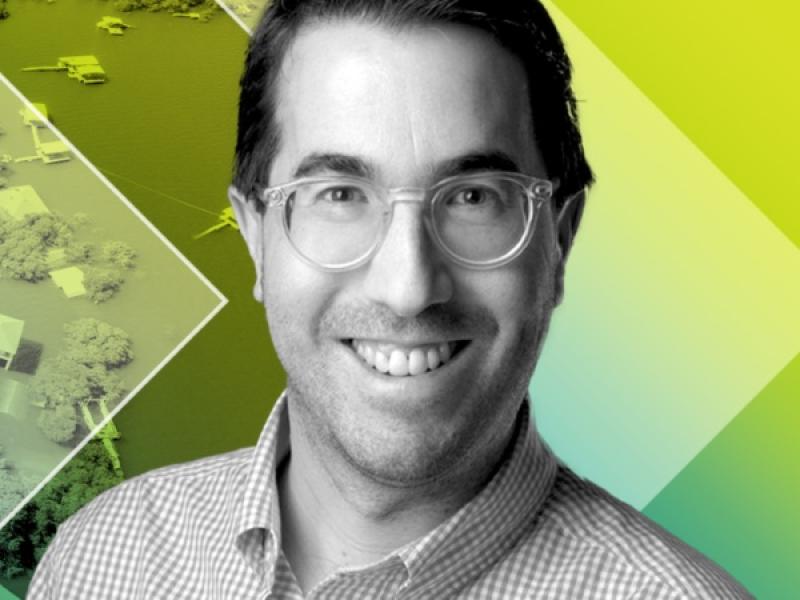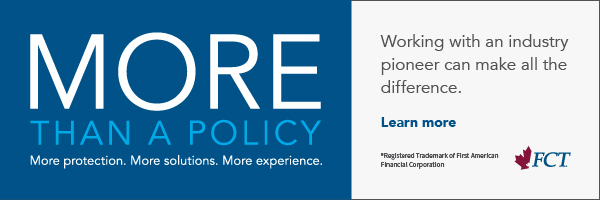Recent Articles
Caisse to sell off remaining oil assets in 2022
Caisse to sell off remaining oil assets in 2022
• CBC • Globe and Mail • Montreal Gazette
Caisse de dépôt et placement du Québec will divest all its oil investments in 2022 as part of the pension’s plan to cut its carbon footprint in half by 2030 and set up a $10-billion fund to decarbonize other high-emitting industrial sectors.
Caisse sees potential in businesses yet to go green
Sustainable assets are becoming a hot market and valuations are “through the roof,” according to Canada’s second-largest pension fund’s CEO. It’s a sign investors can help businesses that have yet to transition to a green economy pursue ESG standards.
HSBC to launch sustainable finance business options
• Globe and Mail • Financial Post
HSBC is bringing a suite of sustainable finance tools to Canada, which the bank says will help small and medium businesses meet increasing expectations around environmental commitments. Larger companies are evaluating their sustainability performance to meet their own green goals.
450K-sq.-ft. mass timber office planned for Vancouver
• RENX
The owners of Vancouver’s Bentall Centre, one of the city’s most iconic office complexes, have submitted plans to the city to build Burrard Exchange, a new 450,000-square-foot, 16-storey hybrid mass timber office and retail development at the site.
TELUS’ Calgary smart buildings reduce costs, carbon
TELUS Smart Building has partnered with Calgary-based real estate developer and award-winning investment company, Arlington Street Investments, to bring smart building technology to a Calgary retail and residential development.
Starbucks implements Greener Stores program
• GreenBiz
Starbucks is widening its embrace of circular practices and healthful interiors by expanding its Greener Stores internationally and open sourcing the framework’s underlying tools for other retailers to replicate. Starbucks is opening its first international Greener Store in Shanghai.
Summit announces $75M green facility
• Canada Newswire • Wealth Management
Summit Industrial Income REIT has entered into a $75 million green unsecured development credit facility to finance industrial property developments. The Green Development Line is the first labelled Green Loan of its kind in Canada, arranged by a Canadian chartered bank.
ERIS data assists environmental site assessments
To source comprehensive sets of current and historical environmental records, environmental consultants in Toronto turn to ERIS, Environmental Risk Information Services, a source of historical property information in commercial real estate for North America.
Living the 1.5 degree lifestyle
Most of the world’s nations promised to reduce their carbon emissions via the Paris Agreement. But nobody has done much. It’s hard when you have economies based on digging up fossil fuels and then manufacturing stuff that runs on them.
Loop Energy hires general counsel
Vancouver-based Loop Energy, developer and manufacturer of hydrogen fuel cells for vehicles, has hired Wendy Bach as general counsel and corporate secretary. Bach began her career as an attorney focusing on corporate transactions primarily in the oil and gas sector.
Pembina exec named to sustainable finance institute
• Pembina
Linda Coady, executive director of the Pembina Institute, was named to the Research Advisory Council of Queen’s University’s Institute for Sustainable Finance. The council will ensure the ISF’s research prioritizes critical sustainable finance issues affecting Canadian and global business.
Inclusiveness key for women leading way to net-zero
• Pembina
Two things become clear when talking with the extraordinary women in Canada who are guiding the transition to clean energy – their sense of urgency and their unwillingness to leave anyone behind.
Canadian companies join zero-emission vehicle alliance
Officials from manufacturing, mining, green groups, academia and organized labour have formed an alliance to speed up development of zero-emission vehicles within Canada in a push to meet a federal target for all new light-duty vehicles to be electric by 2035.
Ford partners with startup to recycle EV batteries
As automakers switch to electric vehicles (EVs), what happens to batteries at the end of a car’s life? Companies are currently trying to find ways to use dead batteries so they do not end up in landfills.
Tru Earth is eliminating plastic pollution
• Globe and Mail • Montreal Gazette
Each year, at least eight million tons of plastic leaks into the ocean, the equivalent of dumping one garbage truck into the ocean every minute. Unless we dramatically reduce our plastic consumption, researchers believe that the amount of plastic flowing into our oceans will nearly triple by 2040, to 29 million metric tons per year.
Industrial plastic spilling into Great Lakes
Students at the University of Toronto threw plastic bottles with GPS trackers into Lake Ontario to track trash that ends up in the lake. The students aimed to determine where the trash originated from and where it accumulates.
Decarbonizing the world’s most polluting industries
The production of steel, cement and ammonia together emit about one-fifth of all human-caused CO2. Technologies are emerging that promise to decarbonize these problem industries, but analysts warn that big challenges remain before the processes can be cleaned up.
VPP partnership to bring cost savings, resiliency
Smart energy companies GridPoint and Leap are developing virtual power plants which will make businesses’ electricity consumption more efficient and reduce utility bills. The announcement comes on the heels of Stem, Inc.’s plans to construct VPPs across South America.
White Rock Lake wildfire causes $77M in insured damage
• Cision • Global News
The wildfire in White Rock Lake, British Columbia, that started on August 2 is now estimated to have caused $77 million in insured damage, according to initial estimates from Catastrophe Indices and Quantification Inc. (CatIQ).
Extreme heat set to return even worse in Canada
The June heat wave was the most deadly weather event in Canadian history, according to the B.C. Centre for Disease Control. It is also estimated to be a once-in-a-thousand-years event, made 150 times more likely due to human-caused climate change.
 Industry Events
Industry Events
-
ECO IMPACT 2026
Feb 19 2026
to Feb 20 2026
The Westin Calgary -
BuildGreen Atlantic
Apr 27 2026
to Apr 28 2026
Halifax, NS -
The Evergreen Conference
May 06 2026
to May 07 2026
Toronto, ON -
Building Lasting Change
Jun 17 2026
to Jun 19 2026
Montréal, QC -
Retrofit Canada Conference
Jun 24 2026
to Jun 25 2026
Halifax Convention Center











